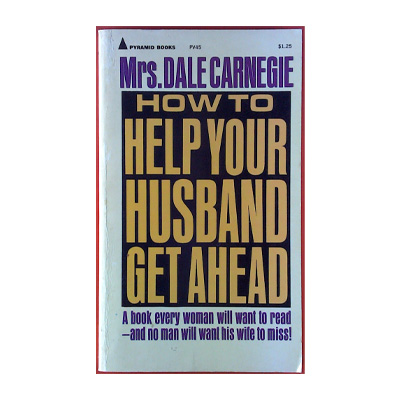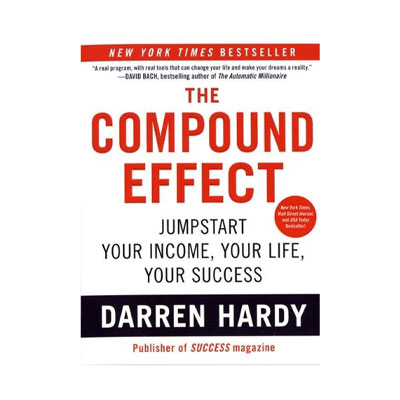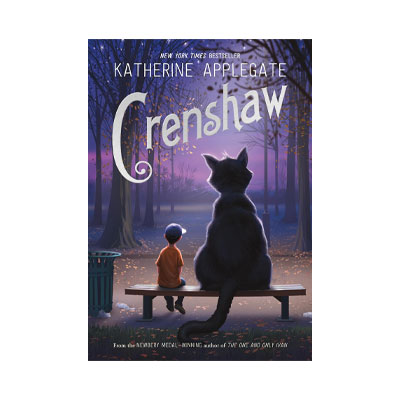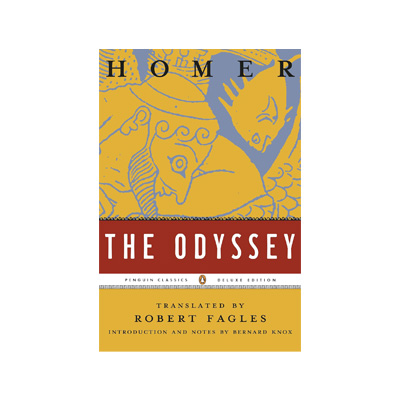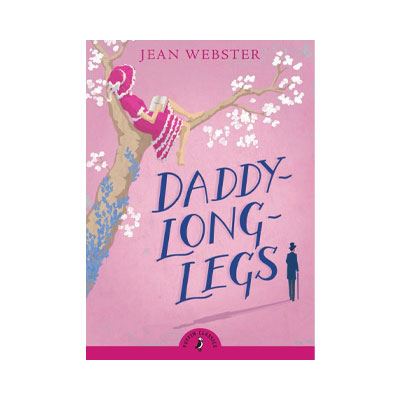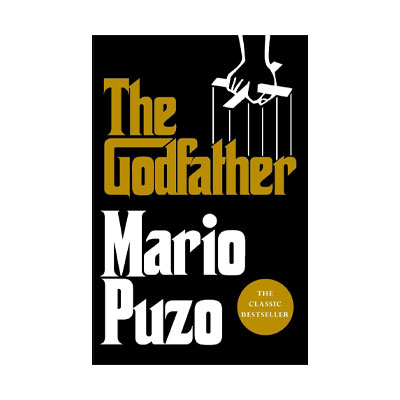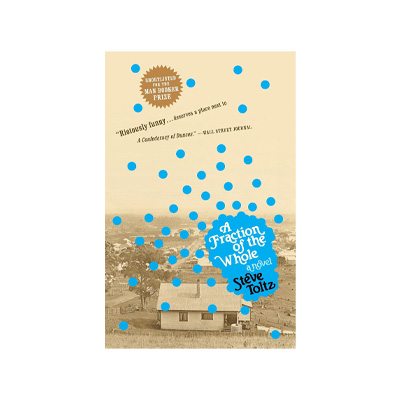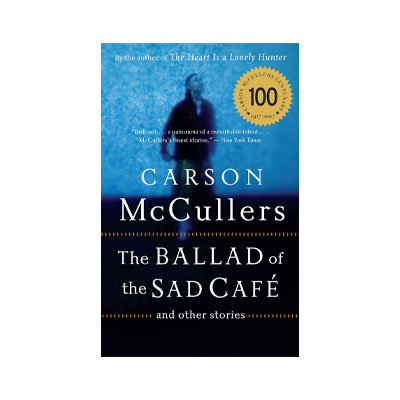Book Summary
"Wilful Disregard" by Lena Andersson is a story about love that examines its hidden facets with a precise and discerning perspective. The central character of the story is a woman named Ester Nilsson, who holds a respectable social position in society and enters into an emotional relationship with a man named Hugo Rask, whom she gradually becomes infatuated with. As time passes, Nilsson increasingly realizes that her feelings for Hugo are reciprocated and that an extraordinary bond has formed between them; however, this situation also has its darker aspects.
The protagonist becomes so consumed by her emotional relationship that she largely forgets herself, to the point where she may be experiencing an unhealthy and obsessive love. With her characteristic ups and downs, Andersson manages to evoke both sadness and excitement in her readers, ensuring that they do not experience a linear emotional journey and maintaining the allure of her work from beginning to end. Although some readers may not consider "Wilful Disregard" to be an exceptional work, it can still be one of the most thought-provoking, as it possesses psychological themes and cannot be easily labeled as clichéd.
Andersson’s valuable novel beautifully conveys to her audience how one can sometimes distance themselves from their true self, behaving in ways that gradually lead them to notice changes in their interactions with their authentic selves and others. This can result in them becoming strangers to themselves, creating idols out of others, and ultimately leading to their own or others' victimization. Anyone who reads this book from start to finish with appropriate focus will clearly grasp its straightforward and accurate insights and regard them as wake-up calls for self-awareness in various situations, including being in an emotional relationship. The absence of weak or heroic characters in "Wilful Disregard," along with the meticulous examination of emotions such as anger and hope, as well as the significant theme of self-denial, are other pivotal points that make it impossible to overlook such an extraordinary narrative.
About the Author
Lena Andersson is a prominent Swedish author and journalist born in 1970 in Stockholm. Educated in journalism, she has also studied philosophy and has received awards for her writings, including "Wilful Disregard," such as the Swedish Academy's Literary Prize and the August Prize. Andersson, who is now internationally renowned, has other notable works including " Duck City," "Acts of infidelity," and "Son of Svea." She has frequently mentioned her passion for skiing and had spent some time engaged in it. Previously, she worked as a sports journalist and currently holds a column for critiques in the newspaper Dagens Nyheter, where she writes various articles.
Who Should Read the Book?
This valuable book is recommended for those who enjoy reading novels with captivating stories and engaging beginnings and endings while also paying special attention to one of the most important psychological issues.



